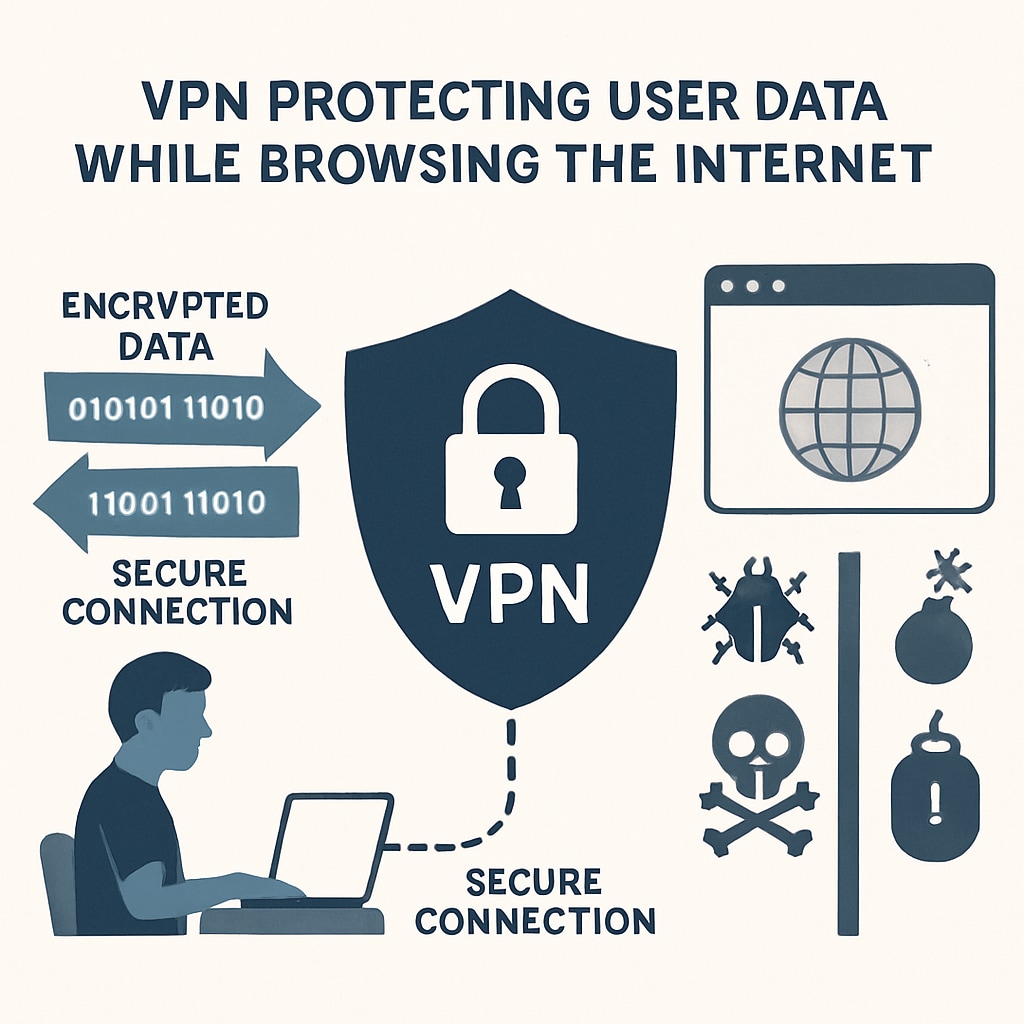The implementation of stringent UK regulations, including age verification mandates, has sparked significant changes in user behavior and privacy protection. With heightened scrutiny over sensitive online content, individuals are increasingly turning to solutions like Virtual Private Networks (VPNs) to maintain their digital privacy. These developments highlight the growing tension between regulatory compliance and personal anonymity.

Understanding the UK’s Age Verification Mandates
In recent years, the UK government has introduced regulations requiring websites hosting adult content to implement age verification systems. These measures aim to prevent minors from accessing inappropriate material online. However, the policy has raised concerns about data privacy and the potential misuse of sensitive information.
Age verification systems typically require users to share personal details, such as credit card information or government-issued IDs. While these steps aim to protect younger audiences, critics argue that they expose adults to privacy risks. For example, centralized databases of user information could become targets for cyberattacks, potentially compromising the data of millions.
As a result, many users are seeking alternatives to comply with regulations while safeguarding their privacy. This shift has fueled the adoption of privacy-enhancing tools like VPNs.
How VPNs Are Addressing Privacy Concerns
VPNs have emerged as a popular solution for users concerned about data privacy under the UK’s regulatory framework. A VPN encrypts internet traffic and masks a user’s IP address, making it harder for third parties to track online activity. This functionality provides an added layer of security, particularly for individuals wary of sharing personal information on age verification platforms.
Moreover, VPNs allow users to bypass geographic restrictions, enabling access to content that may be unavailable due to regional regulations. For example, some users have reported using VPNs to access websites that have opted out of implementing age verification due to privacy concerns. This dual benefit of privacy and accessibility explains the surge in VPN usage following the implementation of UK content regulations.

The Broader Implications of Regulatory Compliance
The UK’s approach to online content regulation is part of a broader global trend toward stricter internet governance. While these measures aim to create a safer online environment, they often come at the expense of user privacy. Beyond the immediate impacts on individuals, businesses operating in regulated sectors must navigate complex compliance requirements, further complicating the digital landscape.
For instance, companies that fail to implement robust age verification systems risk fines or being blocked in the UK market. This pressure has led some platforms to withdraw from the UK altogether, limiting user options and pushing more people toward decentralized or anonymized browsing solutions.
Balancing Regulation and Privacy: A Path Forward
Striking a balance between protecting vulnerable audiences and respecting individual privacy rights is a challenging but necessary endeavor. Policymakers must consider the unintended consequences of regulations, such as driving users toward unregulated or less secure platforms. Additionally, implementing transparency standards for age verification systems could help build public trust and mitigate privacy concerns.
On the user side, individuals must remain vigilant about their online habits. Adopting tools like VPNs can provide immediate privacy benefits, but users should also stay informed about the legal implications of their actions. Collaboration between governments, industry stakeholders, and privacy advocates will be key to developing solutions that meet regulatory goals without compromising personal freedoms.
In conclusion, the UK’s age verification mandates and broader internet regulations have ushered in a new era of digital privacy challenges. As users adapt by leveraging technologies like VPNs, the debate over privacy, security, and compliance is set to continue. Finding a middle ground that respects both safety and anonymity will be critical in shaping the future of online governance.
Readability guidance: The article uses short paragraphs and clear subheadings to ensure accessibility. It incorporates examples and external links to reputable sources for further reading. The balance between active and passive voice, along with the use of transition words, enhances flow and readability.


